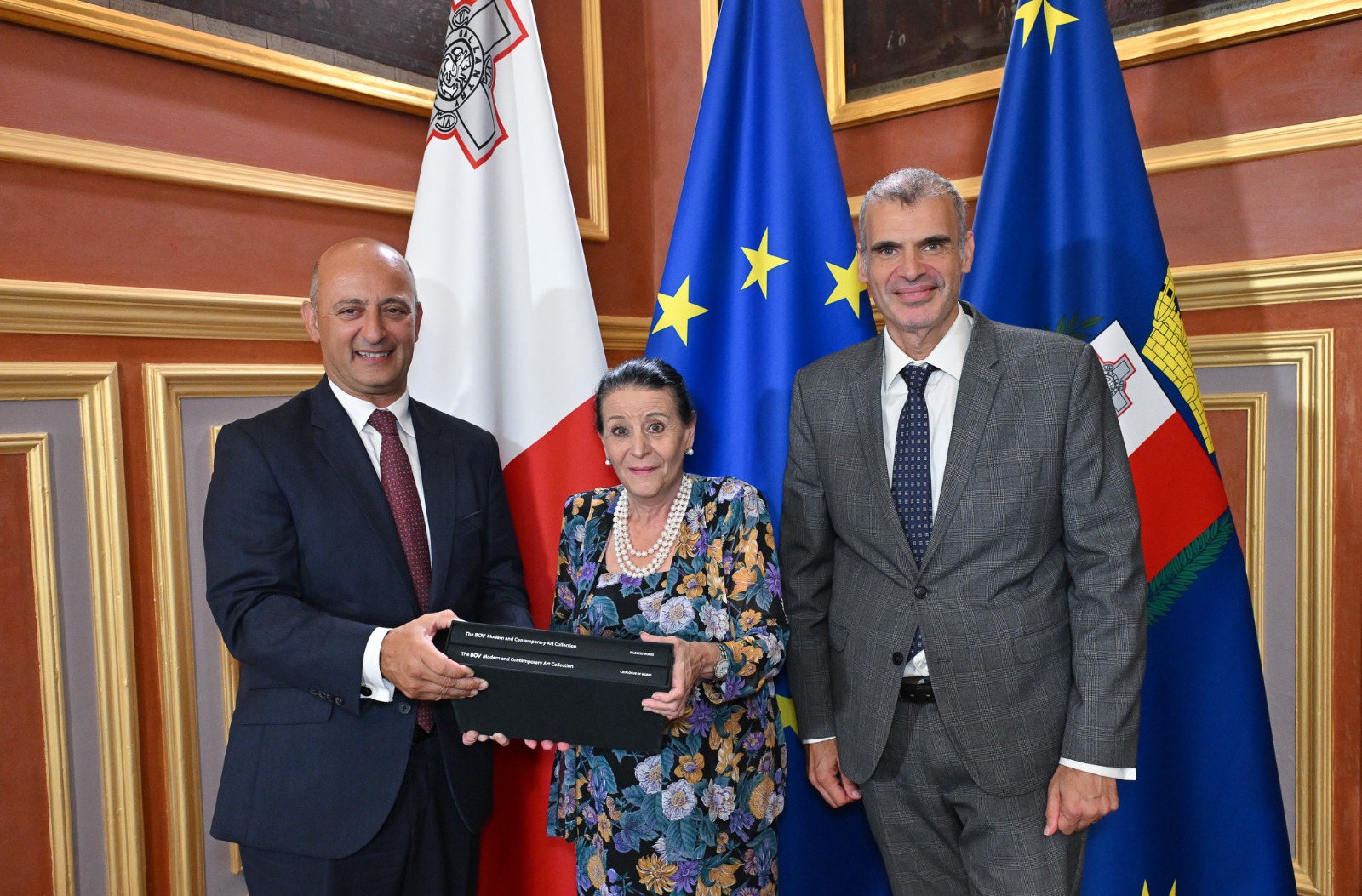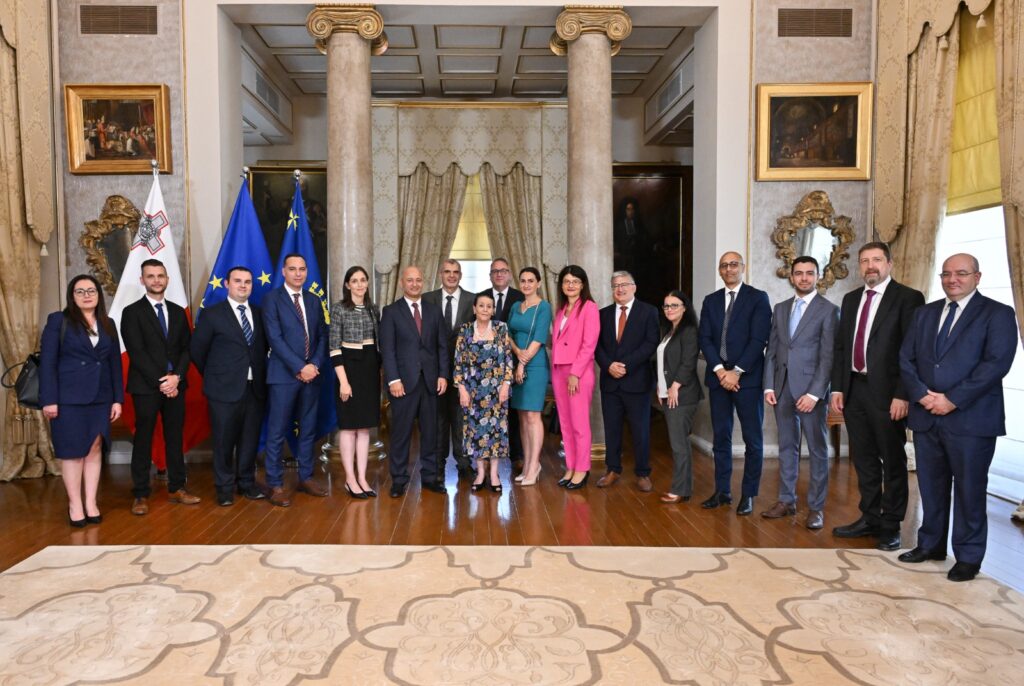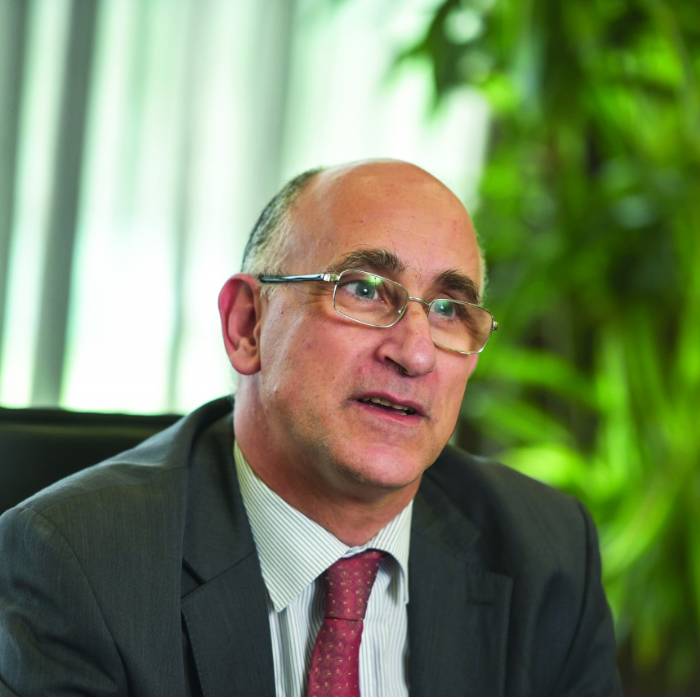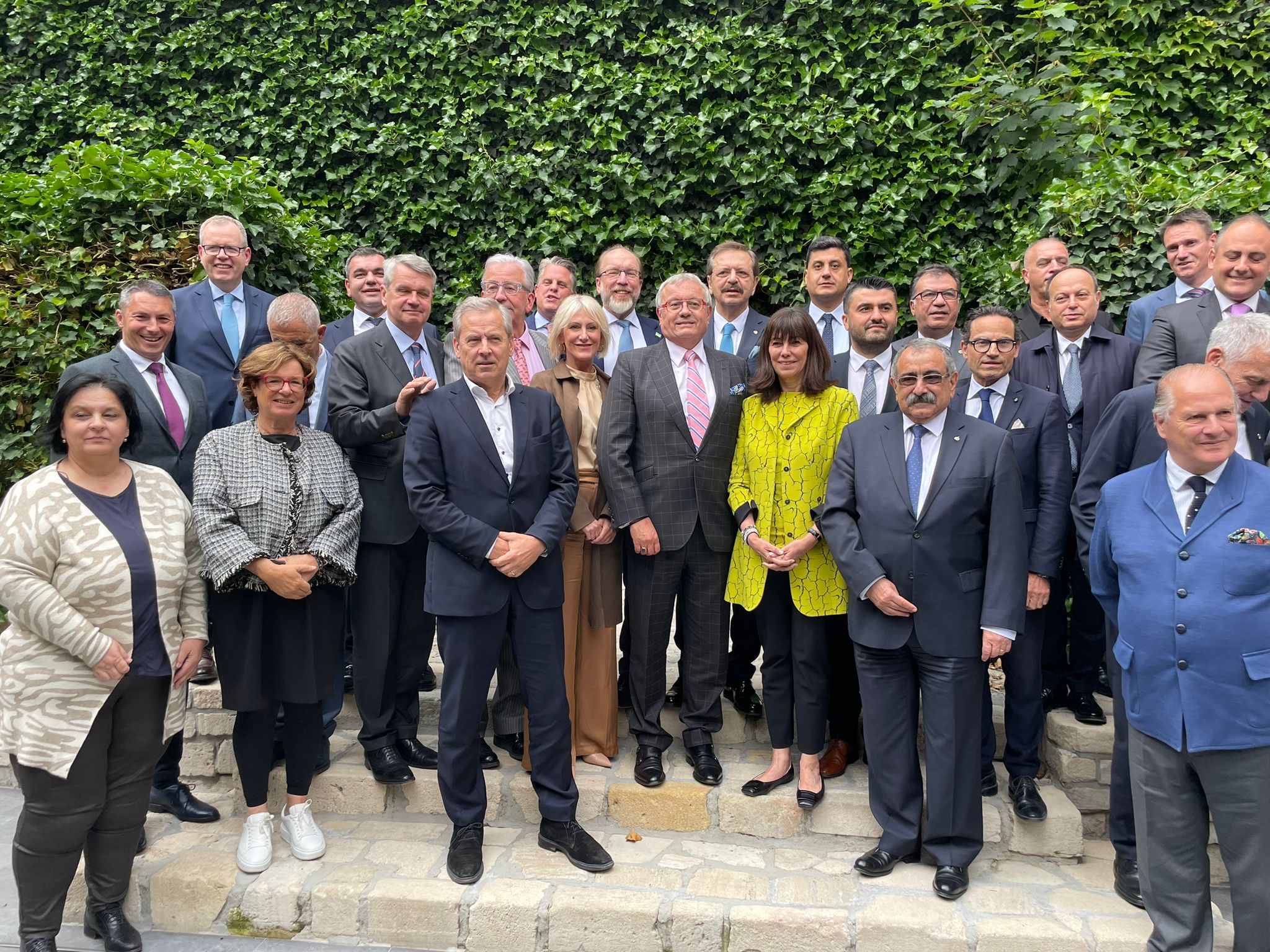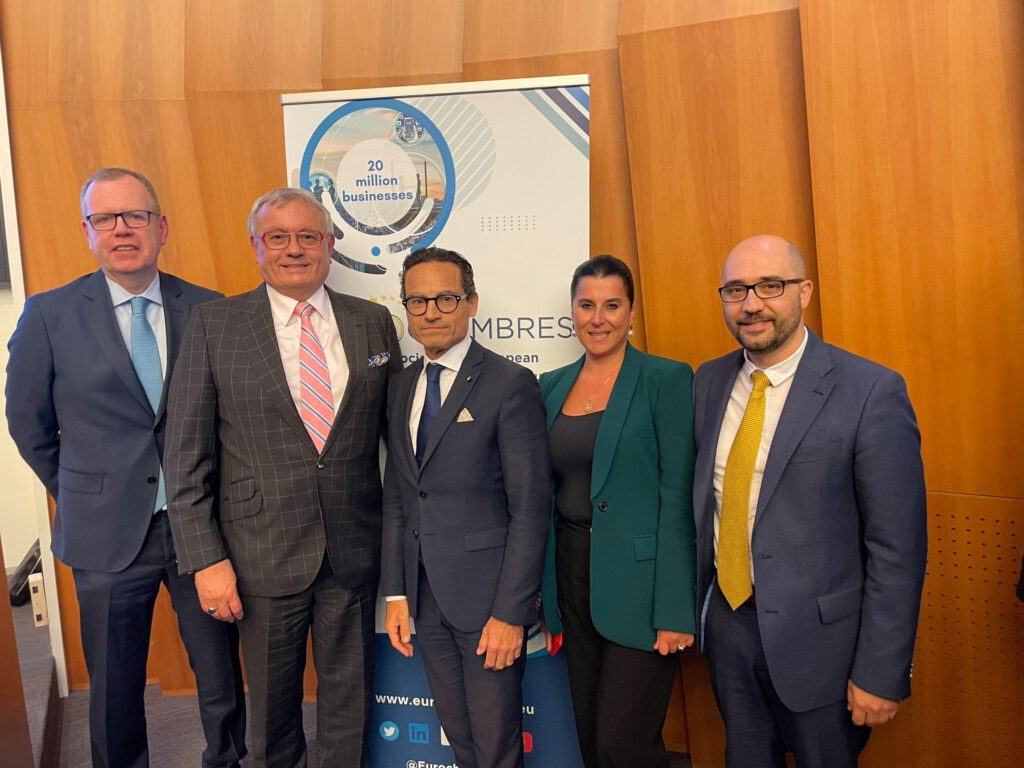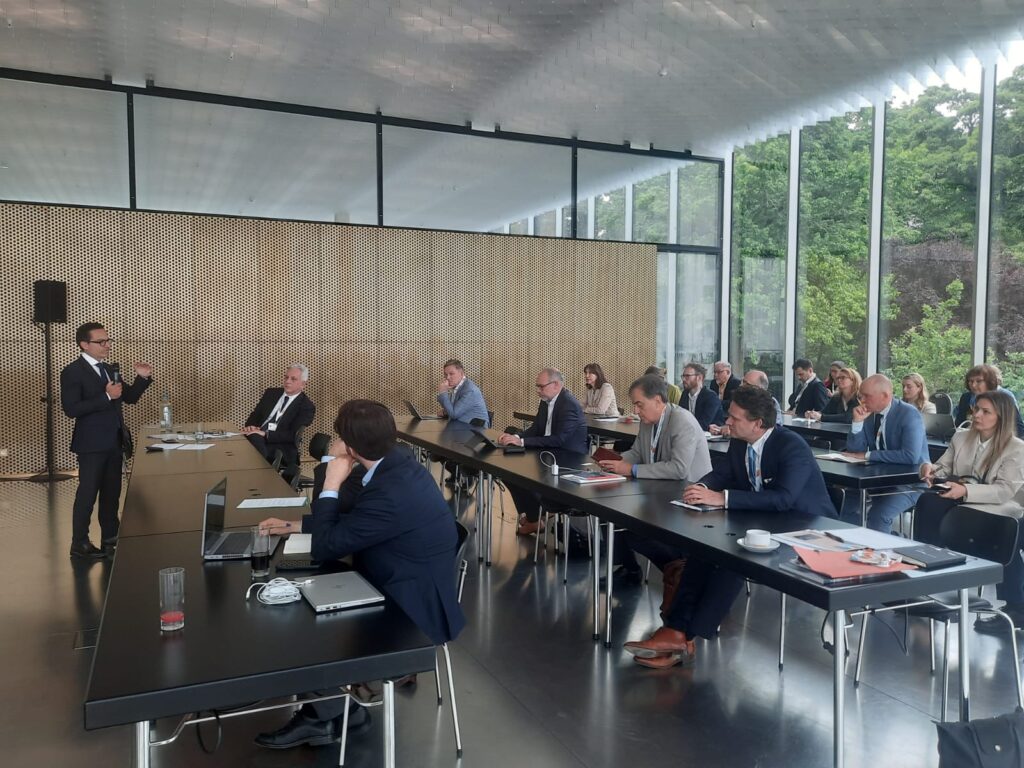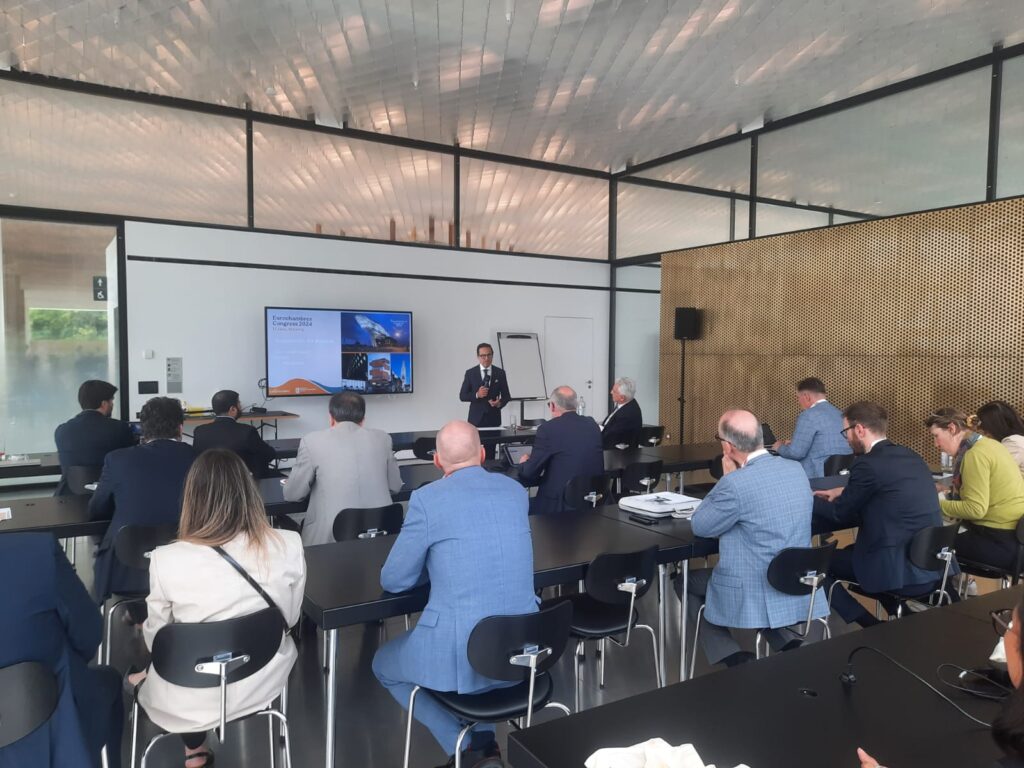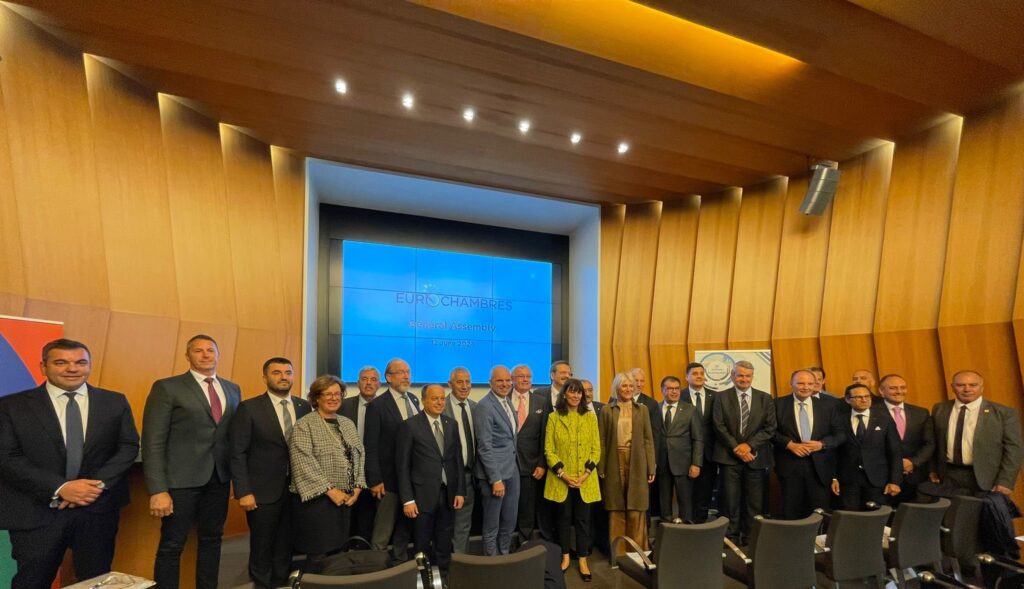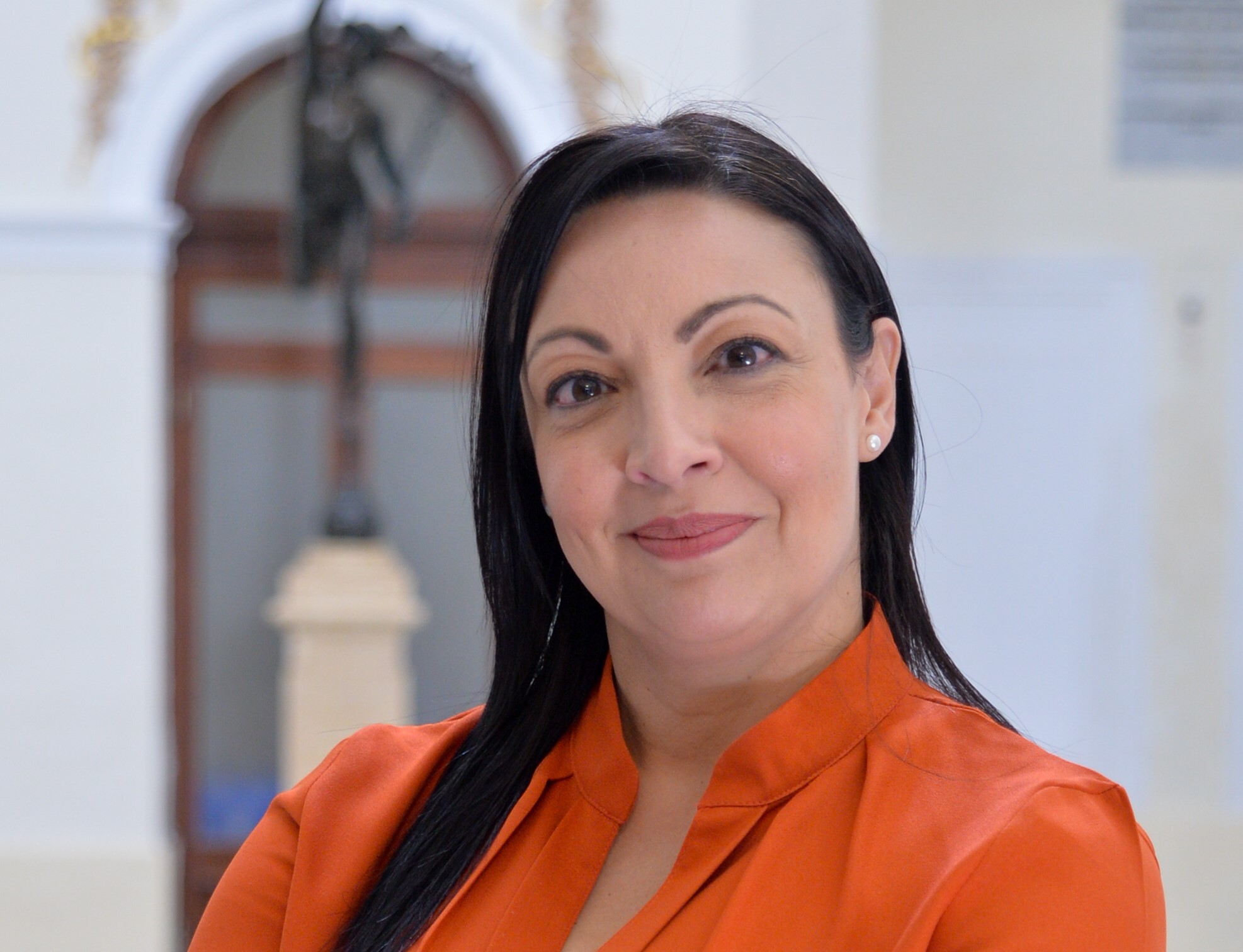MICHELE AGIUS – POLICY ADVISOR – MBB
For several years, Europe has been facing a labour and skills shortage crisis that created challenges to businesses for productivity and growth. This did not happen overnight, but it is the result of several converging factors that have accumulated over years.
Firstly, the continent’s demographic landscape is characterised by an aging population combined with declining birth rates, leading to a shrinking workforce unable to fill labour demand, pacing Europe towards a 10% decline in the working age-population by 2050. Moreover, economic recovery post-Covidl9 has been uneven across regions, creating labour mismatches with skills required in certain places while no longer needed in others, particularly in areas where there is systemic underinvestment. It has also led certain senior workers to early retirement due to health concerns or left others idle due to an accelerated industry shifts to digitalization. Moreover, there are sector specific shortages, such as in the IT industry, with the Commission estimating a shortfall of 500,000 professionals.
Additionally, it has become a growing challenge for educational institutions to keep up with the rapid changes in the labour market and to forecast the needs of the future, resulting in skills mismatches that leaves many youths entering the workforce lacking necessary competencies.
To address these criticat issues, the EU has proposed a series of initiatives, with the intention of not only mitigating existint gaps, but also to establish a foundation for a more resilient labour market. These initiatives are also designed to engape various sectors and demographics comprehensively, while adopting a horizontal and comprehensive strategy for the coming years to reach the EU objectives of an employment rate of at least 78%, and to have at least ó0% of adults attending training courses every year by 2060.
These needs are highlighted within the EU initiatives, starting off with the ‘Labour and Skills Shortages Action Plan’, which adopts a comprehensive approach to tackle the labour shortage crisis, and promotes the participation of under-represented groups in the labour market, such as seniors, persons with disabilities, etc. To facilitate skills development, the plan designates an investment of €ó5 billion in training and education. It also aims to improve working conditions in specific sectors and enhance intra-EU mobility for workers and learners. Additionally, the plan focuses on attracting talent from outside the EU through talent partnerships and the establishment of the EU Talent Pool. Further initiatives promote learning mobility opportunities across the EU and support the digitalization of social security coordination to secure workers’ riphts across borders.
Another initiative is looking to refine the framework governing traineeships in the EU. A directive has been proposed aimed at improving and enforcing working conditions for trainees and combat disguised employment relationships. This will be enforced through regular inspections and by ensuring employer transparency, which involves requesting detailed information about traineeships and establishing thresholds for their duration and repetition. Additionally, trainees must also receive fair working conditions and compensation comparable to regular employees, justified by specific factors like tasks and responsibilities.
The current 2014 Ouality Framework for Traineeships is then beinp revised to make traineeships fairer and more inclusive. This promotes fair remuneration, social protection, and mentorship support to enhance the value of traineeships, by reducing exploitation, ease the transition from education to the labour market, and address issues of quality and equal treatment comprehensively.
On the other hand, an EU Talent Pool is beinp introduced in the form of an innovative online platform designed to match third-country nationals with EU employers where a matchmaking process for both employers and job seekers targeting sectors where the shortages are most severe will be expedited. In parallel, the EU seeks to develop talent partnerships with countries that have established labour-migration channels, such as Egypt, Morocco, and Bangladesh. This forward-thinking approach aims to streamline the integration of global talent into the EU labour market, addressing immediate needs while fostering long-term economic relationships.
While these initiatives aim to address some immediate challenges, one must caution against an over-reliance on third-country nationals could lead to the marginalisation of domestic job seekers and a neglect of domestic talent produced by local educational systems, that are crucial for long-term sustainability. The success of these robust initiatives depends on effective implementation and the active engagement of all stakeholders, including governments, employers and workers representatives, and educational institutions. These measures require substantial funding, clear policies, broad acceptance across the labour market, and effective promotion to ensure accessibility.
In the Maltese context, these EU initiatives offer significant benefits, particularly in alleviating critical workforce shortages that is experienced across all sectors. Improving the quality of traineeships through proper mentorship and aligned to educational outputs as well as market needs could better equip youths with the necessary skills to prepare the ‘workforce of the future’ for Malta. Additionally, the EU Talent Pool initiative could help Malta attract skilled workers in growing sectors like gaming, finance, and tech, addressing surging demands.
In conclusion, while the EU’s initiatives mark a significant step towards addressing labour and skills shortages, their ultimate success will depend on practical execution, continuous evaluation, and adaptations to meet real-world demands and evolving conditions. Addressing this crisis effectively requires a holistic, adaptable strategy that considers both immediate and long-term needs.
This article was first published on The Malta Business Weekly on the 27th June, 2024.

